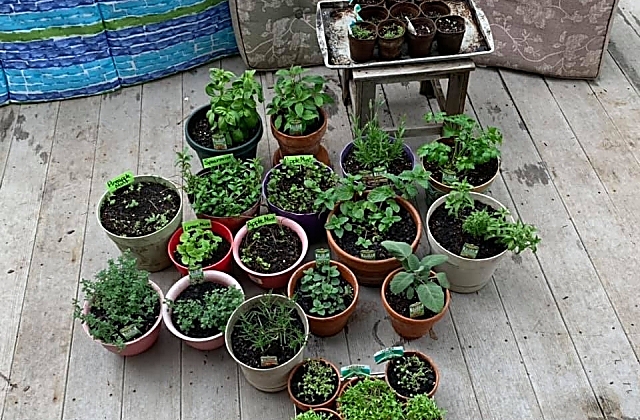All About the Mint Herb

Mint is one of the most popular herbs. It is a member of the mint family, Brassicaceae, and is native to Eurasia, including North America and parts of South Africa. The Latin name for mint is “Mentha.” To make a delicious and flavorful tea, mint is often added during the brewing process. It is often used in cooking, as well, as a flavoring for baked goods such as breads and cakes. The most familiar way of planting mint in a garden is by planting the flower buds, which will shoot up in the spring, at the tip of a leaf.
Because some people are allergic to mint, the pungent herb should be used with caution. Some varieties of mint, however, are effective against some of the more common food allergies. An excellent choice for preventing indigestion (and for improving digestion), peppermint has been shown to aid in digestion and also to promote weight loss. This is because peppermint affects the level of gastric acid in the stomach, which helps to reduce the frequency and amount of food eaten. Other mints, such as myrrh, are effective against both gastric and intestinal acidity.
Mint has been proven effective against bad breath and a number of other maladies. Because it acts on the nerves and muscles of the tongue, it is useful for removing plaque from the teeth. Mint leaves can be chewed for calming the stomach and relieving gastrointestinal pain, as well as treating upset stomachs and cramps. Mint is an active ingredient in some throat and cold remedies, and when applied to the external lining of the mouth, its anti-bacterial properties help fight colds and flu symptoms. Mint is also an essential oil, which can be diluted and used topically to combat a variety of health complaints.
In addition to its culinary uses, many people believe that mint herb provides certain therapeutic benefits. The anti-inflammatory properties of mint leaves have been linked to lower rates of arthritis and heart disease. Other positive effects of mint appear to be focused on memory function. A study on mice demonstrated that the anti-oxidant effects of mint leaves were able to enhance their ability to remember things better. Additionally, studies have revealed that the consumption of enough mint leaves was sufficient to reverse the process of aging, preventing wrinkles from forming on the skin of older mice.
Mint is an excellent natural remedy for digestive discomfort. The anti-inflammatory and antiseptic properties of mint leaves act to soothe and cleanse the digestive system, improving digestion and reducing the symptoms of irritable bowel syndrome and colon cancer. Additionally, a study conducted on human patients diagnosed with irritable bowel syndrome, concluded that the regular use of mint leaf extract was highly beneficial in helping to manage this condition. The herb has also been shown to soothe the stomach, help relieve indigestion and reduce flatulence, which can lead to nausea and vomiting.
Mint is available in many different forms from fresh and dried herbs to tea or capsules. Although growing mint in your garden is not difficult, you should only grow mint in soil that is rich in nutrients and is relatively weed free. Due to its bitter taste, mint is best grown in the garden if you are not planning on using it for cooking. However, there are numerous varieties of mint that are highly popular for cooking, including the following:
As a medicinal herb, mint is useful for relieving upset stomachs, providing instant relief from motion sickness, and combating dehydration in hot weather. Further research shows that mint herb can reduce cholesterol levels and fight various forms of cancer, including breast cancer. Research has also demonstrated that mint leaves can be used as a mild antibiotic, which would be useful for treating cold and flu symptoms. However, mint should never be given to a young child. Mint is one of the most powerful spices and should only be administered with caution or in very small amounts.
To ingest mint herb, dab a small amount onto the tongue and hold for five minutes before spitting or swallowing. Try chewing some of the leaves before chewing gum to get the most benefit. Mint should not be combined with other herbs varieties such as lemon balm or lavender as it may counteract the effects of these essential oils. Mint can also be consumed whole, but should never be consumed in its extract form.